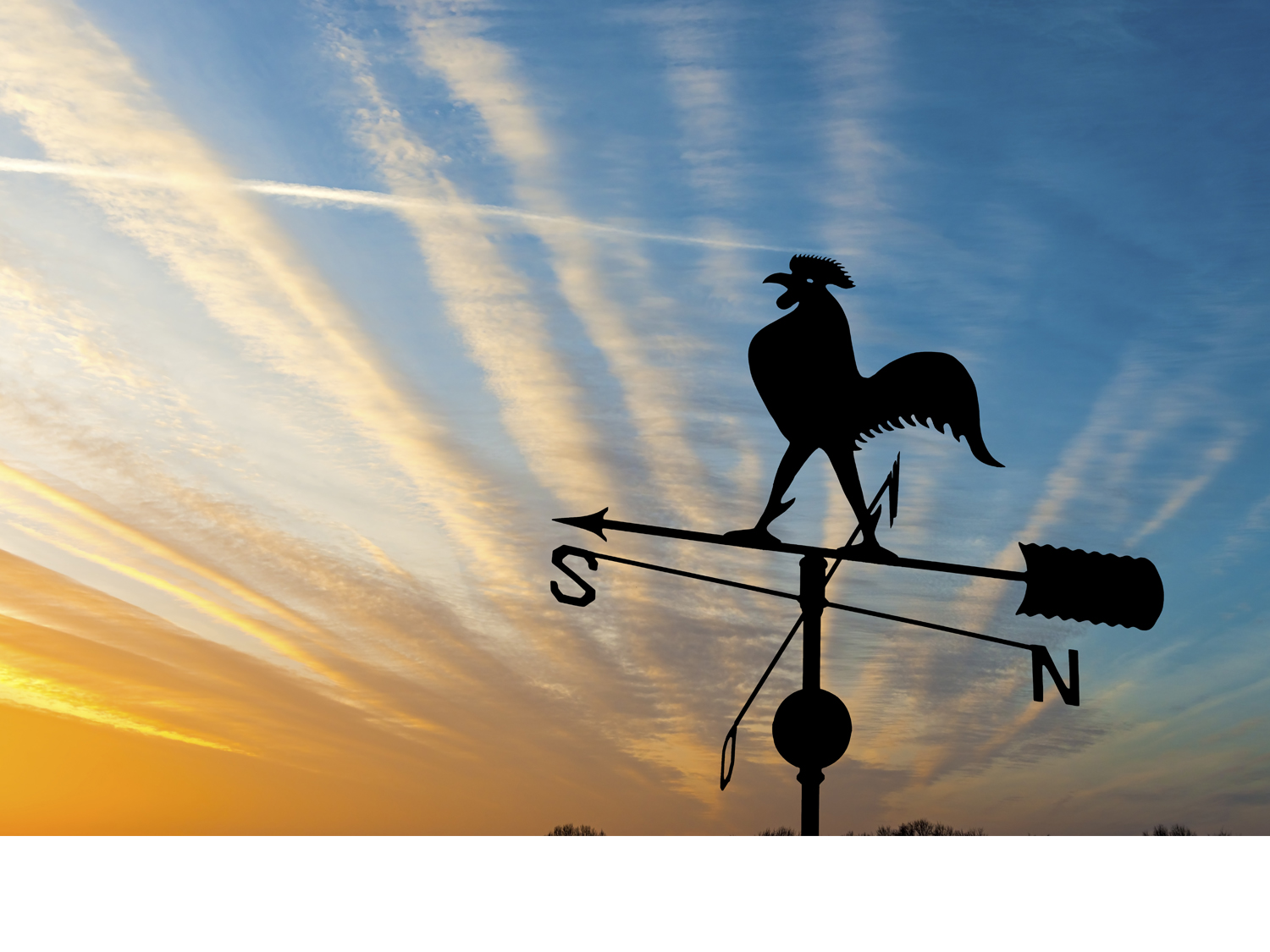Guided tours to the Cotswolds, EnglandDiscover the Charm of the Cotswolds: Guided Tours Through Picturesque Villages and Historic Sites
When do you want to go?
2024
I'm flexible
Passengers
Adults (18+)
Children (0 - 17)
Welcome to the Cotswolds
The Cotswolds is a picturesque region in south-central England. The area is renowned for its quintessentially English landscapes, charming villages, and long history. The Cotswolds span approximately 800 square miles across six counties: Gloucestershire, Oxfordshire, Warwickshire, Wiltshire, Worcestershire, and Somerset. The Cotswolds are designated as an Area of Outstanding Natural Beauty (AONB).
Guided tour of the Cotswolds
Guided tours to the Cotswolds offer a variety of ways to explore this picturesque region, rich in history, culture, and natural beauty. Walking tours allow visitors to experience the landscapes up close, with options ranging from short day walks through charming villages to multi-day hikes along trails like the Cotswold Way. Cycling tours, suitable for both leisurely riders and experienced cyclists, provide another active way to see the area, with guided group rides and self-guided options available. For those preferring a more relaxed approach, coach and bus tours offer comprehensive itineraries that cover multiple destinations in a day, departing from major cities like London, Oxford, or Bath. Private guided tours offer a personalized experience, allowing for customized itineraries tailored to individual interests.
Popular guided tour highlights include visits to historic sites such as Blenheim Palace, Sudeley Castle, and Broadway Tower. Charming villages like Bibury, Bourton-on-the-Water, and Chipping Campden often feature in these tours, showcasing the region’s quintessential English charm. Garden enthusiasts can enjoy tours focusing on the Cotswolds' renowned gardens, including Hidcote Manor Garden, Kiftsgate Court Gardens, and Westonbirt Arboretum. Cultural experiences are also a highlight, with tours incorporating visits to local markets, art galleries, craft workshops, and traditional pubs.
These tours typically include transportation, guide services, and entrance fees to attractions, with some packages also covering meals and accommodations. Tours generally depart from major nearby cities, making them accessible and convenient. Whether you're interested in history, nature, or local culture, guided tours provide an enriching and hassle-free way to experience the Cotswolds.
Why do people want to visit the Cotswolds?
Landscape and Scenery
The rolling hills known as the Cotswold Hills, which climb from the upper Thames meadows to the escarpment above the Severn Valley and Evesham Vale, are what define the Cotswolds' landscape. The honey-coloured limestone found in this region is well-known; it is used in many of the buildings here and lends the communities their unique appearance. Since the limestone was formed over millions of years from the remnants of extinct marine creatures, it is essential to both the natural history and aesthetics of the area.
Historical and Cultural Significance
One of the most important Roman settlements in Britain is Cirencester (Corinium), which contributes to the rich historical fabric of the Cotswolds. The wool trade was the region's main source of wealth during the Middle Ages, and as a result, magnificent "wool churches," like those at Northleach and Chipping Campden, were built. The numerous exquisitely maintained manor homes, farms, and churches in the area attest to the prosperity of this era.
Natural Attractions
There are lots of outdoor activities available in the Cotswolds, such as horseback riding, walking, and cycling. Along the spine of the hills, the 10-mile Cotswold Way pathway offers stunning vistas and passes through numerous quaint villages. A number of gardens and arboreta may also be found in the area, including the world-famous Westonbirt Arboretum and the magnificent Hidcote Manor Garden, which represents the pinnacle of 20th-century garden design.
Modern-day Cotswolds
The Cotswolds are still a well-liked vacation spot for travellers looking to escape to beautiful rural areas today. With a large number of ancient inns, boutique hotels, and fine dining restaurants, it blends a historical legacy with modern conveniences. In addition, the area is home to a flourishing arts and crafts scene, carrying on the tradition of the movement that emerged in this area in the late 19th and early 20th centuries.
Villages and Towns in the Cotswolds
Bourton-on-the-Water
Often referred to as the "Venice of the Cotswolds," this village features beautiful stone bridges over the River Windrush and attractions like the Model Village and Birdland Park and Gardens
Bibury
Known for Arlington Row, a row of picturesque weavers' cottages, Bibury is often considered one of the most beautiful villages in England.
Castle Combe
This village, often used as a filming location, is renowned for its well-preserved medieval look and charming stone cottages
Stow-on-the-Wold
A market town with a rich history, Stow-on-the-Wold has a lovely town square, antique shops, and cozy tea rooms.
Popular Sites to See in the Cotswolds
Blenheim Palace
Located near Woodstock, this UNESCO World Heritage Site is the birthplace of Sir Winston Churchill. The palace, with its stunning baroque architecture and expansive gardens, is a must-visit.
Roman Baths and Bath Abbey
Although technically outside the Cotswolds, the nearby city of Bath is a short drive away and features well-preserved Roman baths and the stunning Bath Abbey.
Broadway Tower
This iconic folly on Broadway Hill offers panoramic views over the Cotswolds and beyond. It’s a great spot for hiking and picnics.
Frequently asked questions
When is the best time to visit the Cotswolds?
The best time to visit the Cotswolds is during late spring (May to June) and early autumn (September to October), when the weather is mild and the landscapes are particularly beautiful. Summer (July to August) is also popular, though it can be busier with tourists.
How can I get to the Cotswolds?
The Cotswolds are accessible by car, train, and bus. Major nearby cities include London, Bristol, and Birmingham. Train services connect towns like Moreton-in-Marsh, Cheltenham, and Oxford. Driving is often the most convenient way to explore the region.
Are the Cotswolds dog-friendly?
Yes, many areas in the Cotswolds are dog-friendly. There are numerous walking trails, dog-friendly pubs, and accommodations that welcome pets.
Can I visit the Cotswolds on a day trip from London?
Yes, the Cotswolds can be visited on a day trip from London. Trains from London Paddington to Moreton-in-Marsh take around 1.5 hours, and organized day tours are also available. However, to fully experience the region, a longer stay is recommended.
What is the Cotswold Way?
The Cotswold Way is a 102-mile long-distance footpath that runs from Chipping Campden to Bath. It offers stunning views, historic sites, and a variety of landscapes, making it popular with walkers and hikers.
What wildlife can I see in the Cotswolds
The Cotswolds is home to diverse wildlife, including deer, foxes, badgers, and various bird species. Nature reserves and parks, such as the Cotswold Wildlife Park and Westonbirt Arboretum, provide opportunities to see wildlife up close.
What are some scenic drives in the Cotswolds?
Scenic drives include routes through the Windrush Valley, the Golden Valley, and along the Fosse Way. These drives offer picturesque views of the countryside, historic villages, and rolling hills.
Is the Cotswolds accessible for people with disabilities?
Many attractions in the Cotswolds have facilities for people with disabilities, including accessible paths, parking, and restrooms. It's advisable to check with specific sites in advance for detailed accessibility information
United Kingdom guides
Start planning your trip to the UK with our helpful travel guide articles. Including the best time and places to visit and top tips including detail about currency, food, plug sockets and Wi-Fi!
Our customers say
Excellent
4.4 out of 5 based on 275 reviews



















